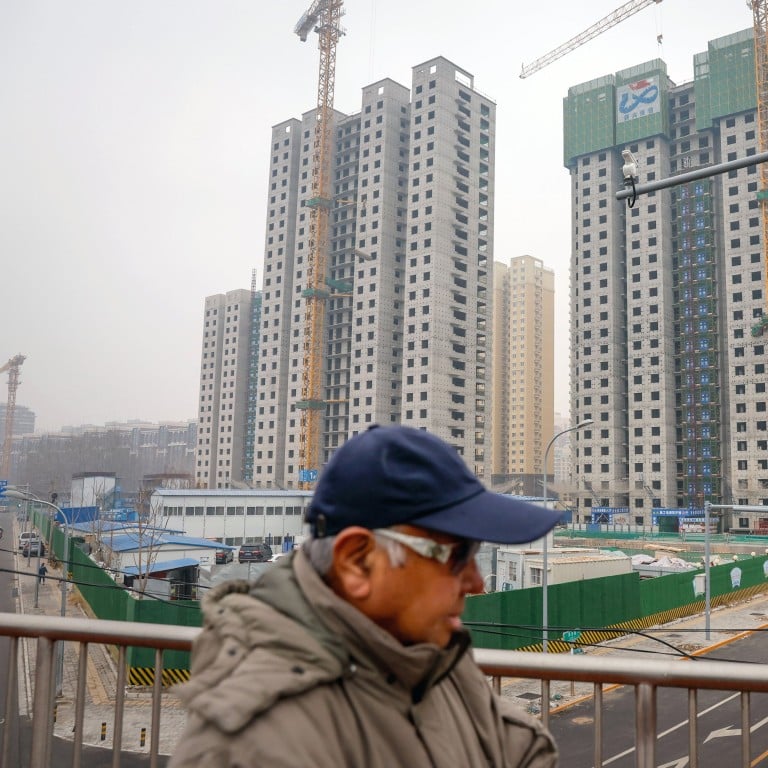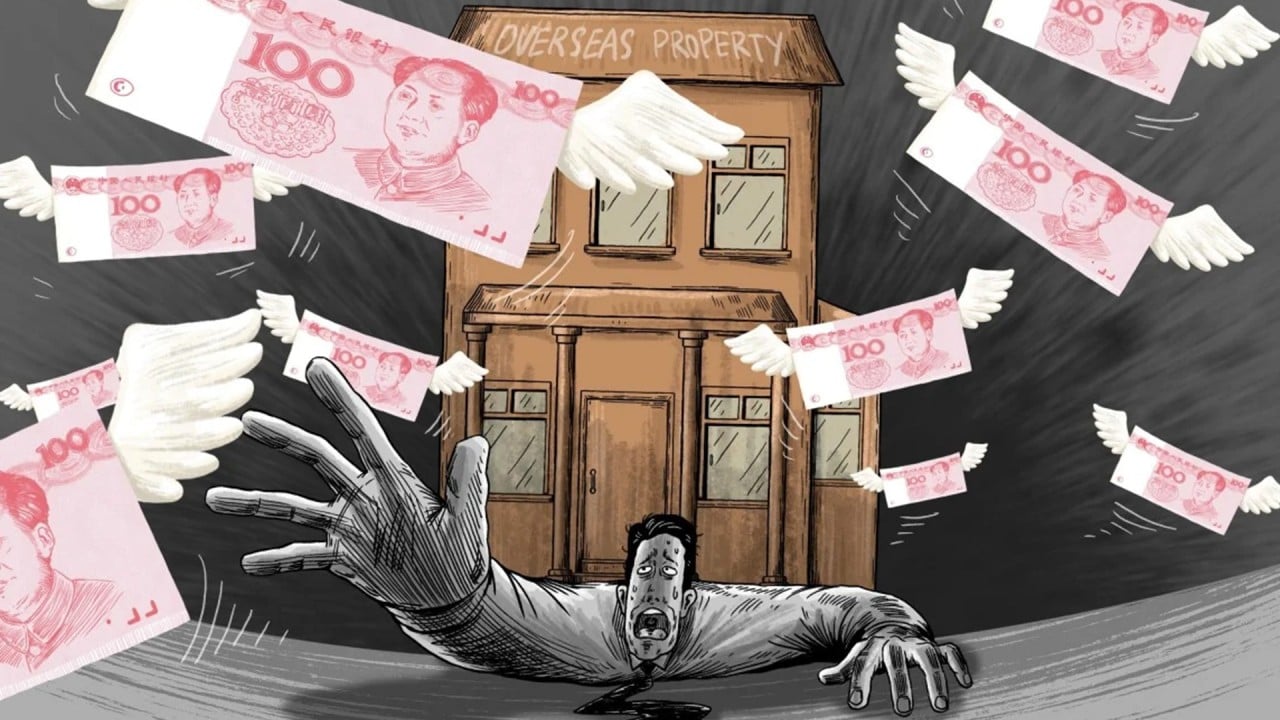
China shames struggling transport bureau over fake traffic ticket scam
- The State Council says officers forged signatures in nearly 2,000 cases last year
- Investigation launched after fined truck driver complains of never receiving formal notification, as required by law
The State Council, China’s cabinet, singled out the transport bureau of She county in Hebei province on Friday, accusing it of faking signatures on over 93 per cent of the traffic tickets it issued last year.
Traffic police are required by law to get the signatures and fingerprints of the alleged offenders but She county’s officers did not do so in hundreds of cases.
It said a provincial government investigation found that details were faked on 1,964 of the 2,099 traffic tickets the department issued over the period.
Some of the alleged traffic incidents were so minor as not to warrant any punishment, the council said.
Provincial authorities launched their investigation after a truck driver complained about being fined 500 yuan (US$70) for “polluting the road during transport” but never receiving official notification of the penalty.
Four traffic officers were suspended and five senior bureau officials, including its Communist Party secretary and bureau director, were punished, it said, without specifying what penalties were.
The private sector is also yet to recover from the pandemic, taking a heavy toll on the tax base.
Some authorities have sought to offset this by imposing a range of fees and fines on businesses and individuals.
In December 2021, the State Council took the government of Bazhou, another city in Hebei province, to task for imposing about 67.18 million yuan in indiscriminate charges on 2,547 local businesses in roughly two months.
The financial ill health of local governments is seen as one of the major risks for the Chinese economy as it struggles to cast off the effects of three years of stringent health control measures.
There are no official estimates of how big the pile of hidden debt is, but various estimates indicate it could be between 30 trillion and 50 trillion yuan. China’s gross domestic product for 2023 was around 126 trillion yuan, according to latest figures.
In late October, China’s central financial work conference stressed the importance of setting up a long-term mechanism to manage local debt risks, while also optimising both central and local government debt structures.



